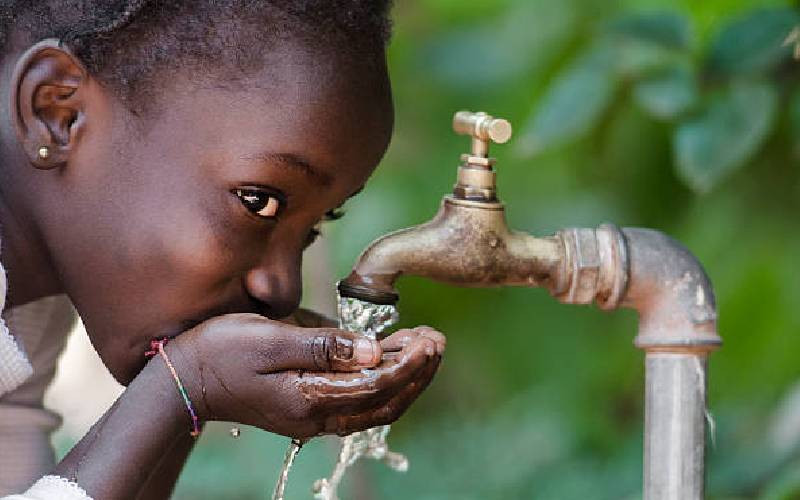×
The Standard e-Paper
Smart Minds Choose Us

Kenya is witnessing a deliberate clawback on devolution in the water sector.
The recent licensing of Athi Water Works Development Authority (AWWDA) to operate as a Water Service Provider for Karimenu II Dam water supply system is a case that illustrates the deliberate encroachment into devolved functions by the central government.